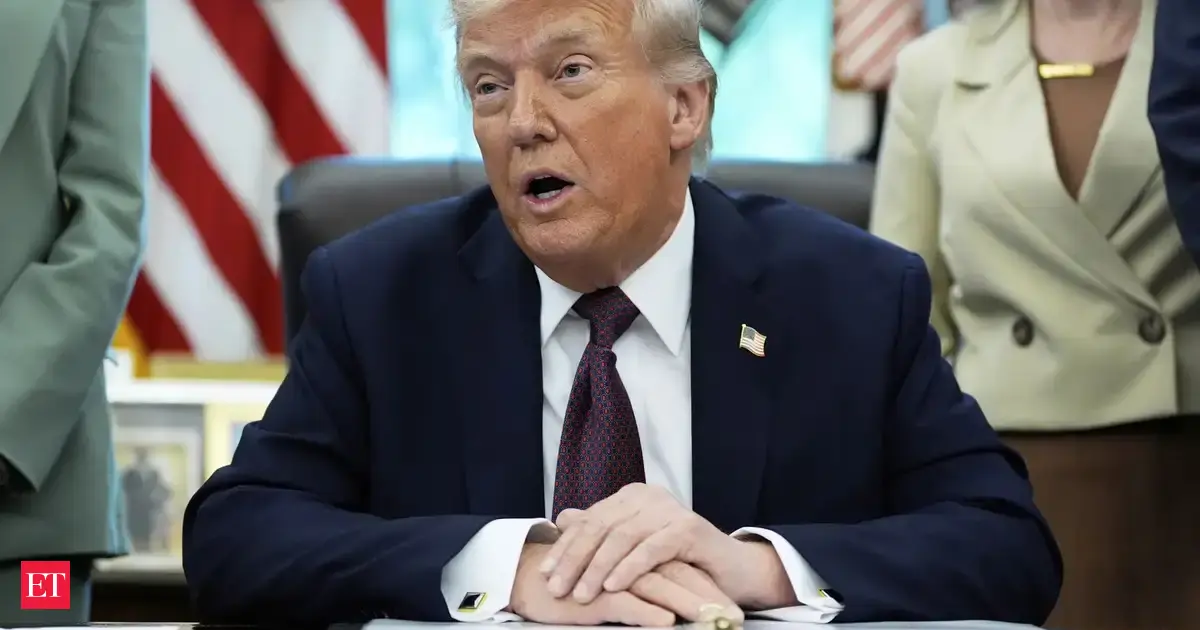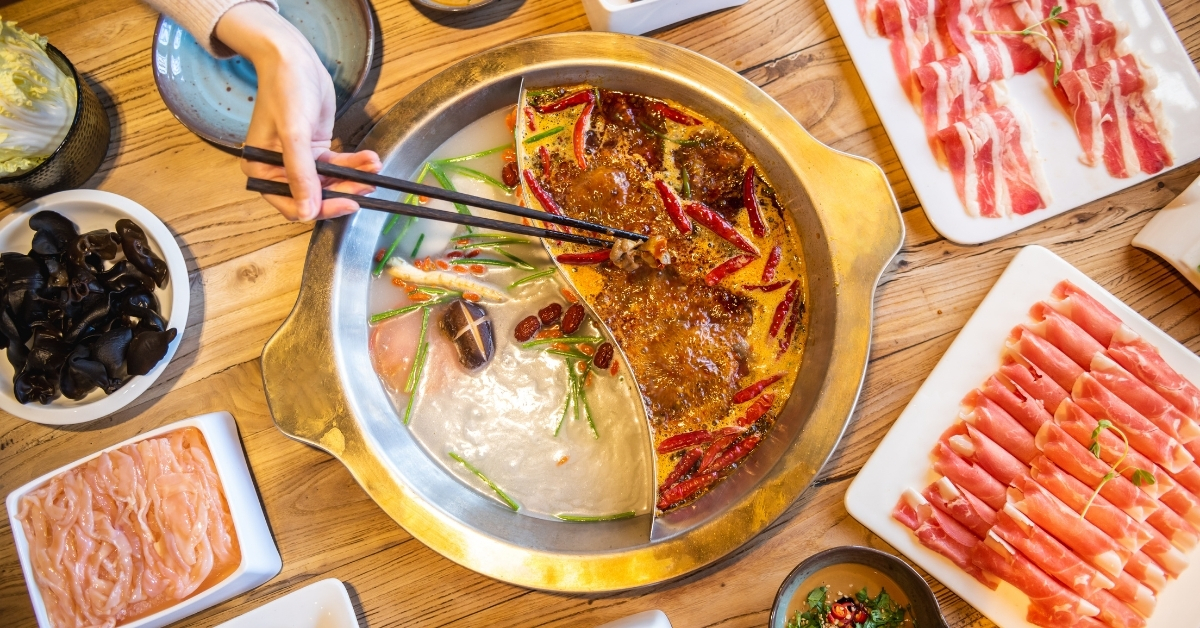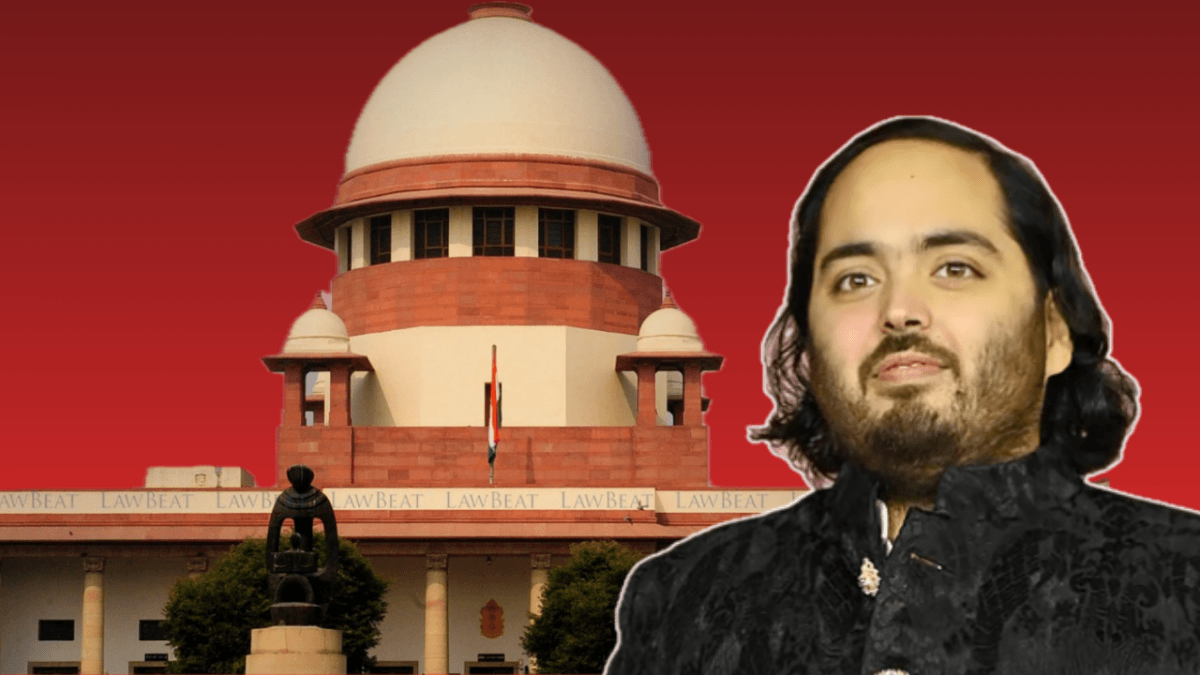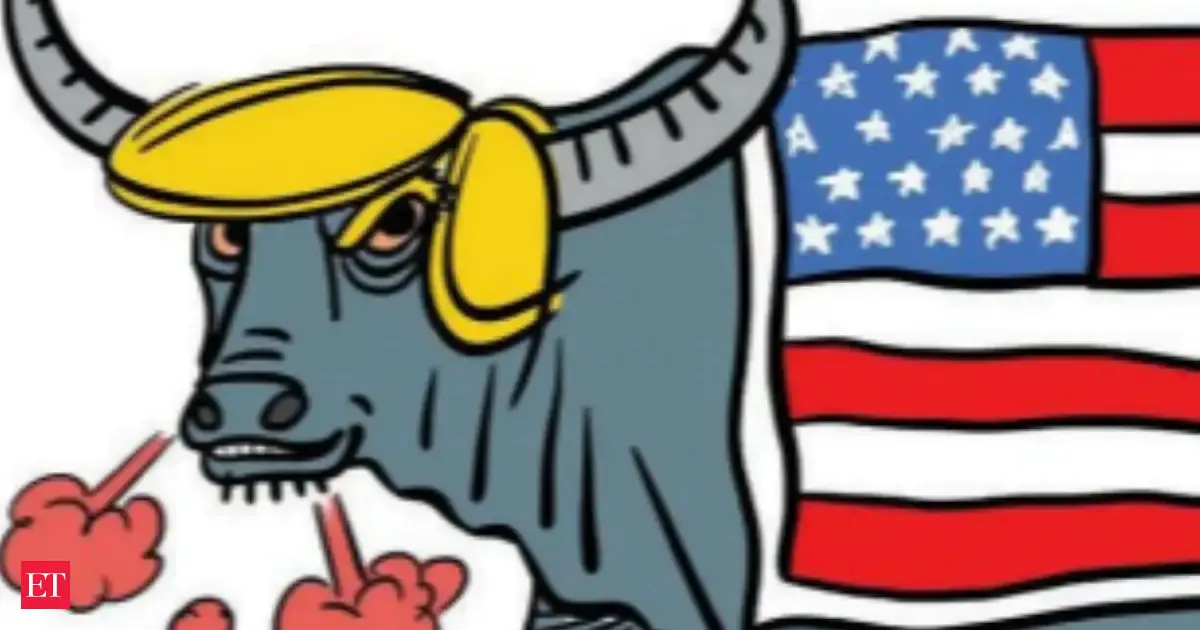By Tuesday, 23 September 2025, 12:23 Pm Article: Gordon Campbell
Copyright scoop
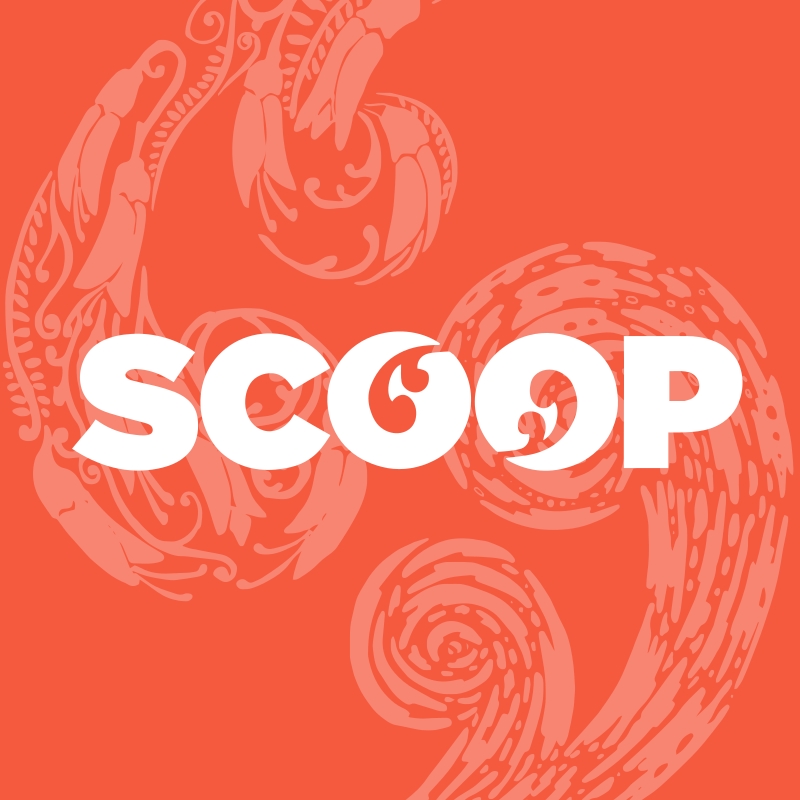
the past three years, Western media outlets have been
focussed on the wars in Gaza and Ukraine (and on the US vs
China trade rivalry) to the exclusion of almost every other
conflict. The civil war in Sudan has been all but ignored,
despite the toll in human suffering. Since fighting broke
out between two rival military groups in April 2023, at
least 150,000 people have been killed. Moreover, as
Medecins Sans Frontieres recently reported:
United Nations estimates that 12 million people have been
displaced, including almost 3 million people who have fled
to neighbouring countries such as Chad, South
Sudan, Central African Republic and Egypt. Half of Sudan’s
population faces high
levels of acute food insecurity (24.6 million
people), and more than 8 million face starvation and
famine-like conditions.
According to UN estimates,
7 million women and girls have lost their access to
reproductive health services, leading to a marked increase
in stillbirths, in preventable maternal deaths, and in the
mortality rates among newborn babies. Jacinda Ardern has
written about this recently.
Despite the scale of
the Sudan crisis, the United States has chosen to cut some
vital lifelines. Relief agencies estimate that the Trump
administration’s slashing of USAID funding has caused the
closure of four out of every five of the emergency food
kitchens that were catering to displaced
Casus Belli
The immediate origins of
Sudan’s civil war are easy enough to sketch in brief. A
democratic uprising in 2018 and 2019 had culminated in the
overthrow of the 30 years of rule by Omar Hassan al-Bashir,
and in the emergence of a civilian government that had wide
public support.
In October 2021 however, the Sudanese
Armed Forces (SAF) and a paramilitary group called the Rapid
Support Forces (RSF) jointly staged a coup against the
civilian government led by Prime Minister Abdalla Hamdok. In
April 2023, the SAF and the RSF then
turned on each other, and their subsequent power
struggle has been devastating for the civilian
population.
Both sides have repeatedly committed
atrocities: wholesale massacres, arbitrary
executions, ethnic cleansing in
some areas, and the widespread
use of rape as a weapon of war and
intimidation.
The RSF have
had a particularly grim history in the use of these
tactics. In the late 1990s, they first came to national
prominence as a conglomerate of loosely affiliated nomadic
militia called the Janjaweed. In the early 2000s, the
Janjaweed were trained and deployed by the al-Bashir regime
as a counter-insurgency force against rebels in Darfur,
where the Janjaweed’s brutal, scorched earth tactics
earned them international notoriety.
In 2013, the
Al-Bashir regime formally brought the Janjaweed into his
government as a kind of praetorian guard, renamed as the
Rapid Support Forces. A decade ago, some 40,000 RSF forces
were reportedly fighting as mercenaries against the Houthi
rebels in Yemen’s civil war, on behalf of the United Arab
Emirates and Saudi Arabia. A contingent of roughly 1,000 RSF
troops also fought in Libya in support of the rebel warlord
Khalifa Haftar, another UAE protégé.
In one of its
last acts before leaving office, the outgoing Biden
administration classified
the RSF as a genocidal force, and imposed sanctions on
its leader and his family business interests, which are
headquartered in the UAE.
Sponsored by
The UAE has been an important factor in the
current conflict in Sudan. Formerly, Sudan’s economy had
been based on oil but when South Sudan became independent in
2011, 70% of Sudan’s oil economy went out the door with
it. Sudan has replaced oil with gold. Crucially, the regions
of the country under RSF control include most of the
country’s gold deposits, including the mines located in
Darfur. At times, the RSF has worked in tandem with
Russia’s Wagner Group of mercenaries, who
have been diverting some of Sudan’s gold to help fund
Russia’s war effort in Ukraine.
All of this has made
the RSF warlord Mohamed Hamadan Dagalo aka “ Hemedti” a
very rich man. (There is a useful, only slightly dated
account of the rise of the RSF financial empire available
here.) Hemedti not only controls gold smuggling
operations routed through neighbouring Chad. Reportedly,
most of Sudan’s trade in gold is conducted with the UAE
through the Al Jamaid corporation headed by Hemedti’s
brother, Abdul Rahim Dagalo, who is also the deputy head of
In return the UAE reportedly supply Hemedti,
his family and their RSF fighters with the modern weaponry
the RSF needs to sustain its power struggle with the
Sudanese Army. This
BBC link (also cited above) provides a good backgrounder
on the modern gold trade in Sudan, and its role in the civil
Footnote One: In Darfur, the
RSF/SAF struggle for dominance overlaps with older, more
traditional tensions between the nomadic Janjaweed
“Arab” camel herders and the sedentary “African”
farmers. These tensions have been exacerbated over recent
decades by population growth. The divided loyalties between
the clans that comprise the Rizeigat tribe to which the RSF
leadership and the bulk of its fighters belong have
sometimes spilled over into
conflict within the RSF itself, but – reportedly –
Hemedti still commands loyal support across much of western
There are also racial divisions at work in the
conflict, and some religious differences exist among a
Sudanese population that while 90% Sunni Muslim (with strong
historical links to Sufism) also contains adherents of more
traditional and indigenous religious beliefs. The Christian
minority comprise 5% of the Sudanese population. (South
Sudan is estimated to be about 50%
Christian.)
Footnote Two. The good
news is that the outside world is finally taking notice of
the suffering in Sudan, and of the millions of people
fleeing into adjacent countries to escape the fighting. Ten
days ago, the United States, Egypt, Saudi Arabia and the UAE
came up with a road map for a truce, an influx of aid and
eventual peace in Sudan. This plan is due to be further
discussed informally among the attendees at the UN General
Assembly this week. The US-led proposal can
be found here.
The bad news is that the
truce/aid influx/peace plan omits any participation by the
ousted democratic government in exile. Instead, it treats
the Sudanese Armed Forces (and its leader General Abdel
Fattah al-Burhan and his alleged “Government of Hope”)
as the legitimate representative of the Sudanese
As critics have already
pointed out, this approach will solidify the grip on
power of one of the military leaders who (a) derailed
Sudan’s democratic transition and (b) launched the ongoing
civil war. Surely, if the US, the UAE, Egypt and the Saudis
don’t simply want to reward (and do future business with)
a military strong man, they need to include the democratic
government-in-exile at the table. So far, that’s not
Footnote Three: Western
media also commonly ignores the other major war in Africa,
within the Democratic Republic of the Congo. The fighting in
eastern Congo has been complicated by the active
participation of neighbouring Rwanda on one side of the
conflict. Here’s
a useful explainer update.
First, a beautiful older song by Mohammed Wardi
(1932-2012) the legendary “Voice of Sudan”:
At the Cannes film festival this
year, Angelina Jolie used her speech to commemorate female
artists such as the
Palestinian photojournalist Fatima Hassouna killed in
Gaza, the novelist
Victoria Amelina killed in Ukraine, and the
singer Shaden Gardood who was killed in Sudan when a
mortar shell hit her home during an urban firefight between
the SAF and RSF.
Here’s a dance track featuring
Shaden Gardood:
© Scoop Media
